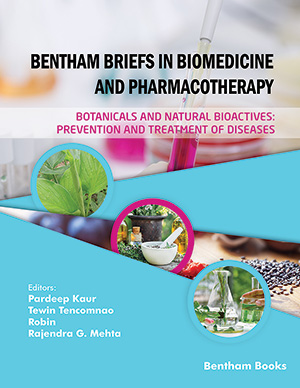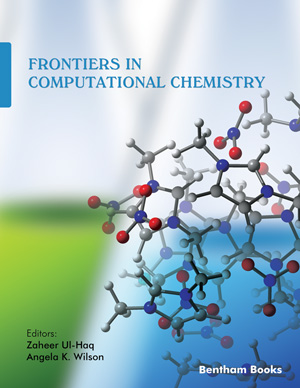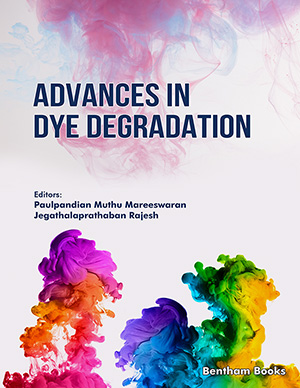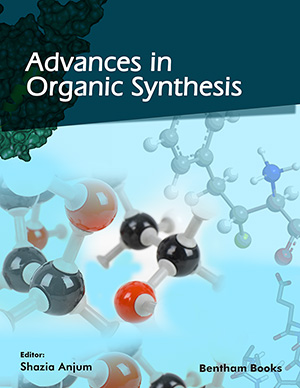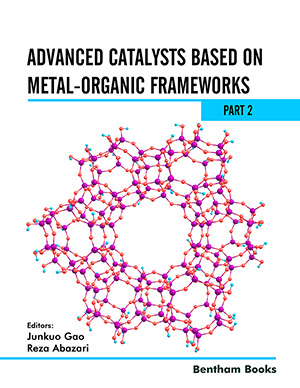Abstract
Introduction: The conventional processes of drug discovery are too expensive, timeconsuming and the success rate is limited. Searching for alternatives that have evident safety and potential efficacy could save money, time and improve the current therapeutic regimen outcomes.
Methods: Clinical phytotherapy implies the use of extracts of natural origin for prophylaxis, treatment, or management of human disorders. In this work, the potential role of common Fig (Ficus carica) in the management of COVID-19 infections has been explored. The antiviral effects of Cyanidin 3-rhamnoglucoside which is abundant in common Figs have been illustrated on COVID-19 targets. The immunomodulatory effect and the ability to ameliorate the cytokine storm associated with coronavirus infections have also been highlighted. This work involves various computational studies to investigate the potential roles of common figs in the management of COVID-19 viral infections.
Results: Two molecular docking studies of all active ingredients in common Figs were conducted starting with MOE to provide initial insights, followed by Autodock Vina for further confirmation of the results of the top five compounds with the best docking score.
Conclusion: Finally, Molecular dynamic simulation alongside MMPBSA calculations were conducted using GROMACS to endorse and validate the entire work.
Keywords: Coronavirus pandemic, COVID-19, Ficus carica, common figs, molecular modelling, molecular docking.


















